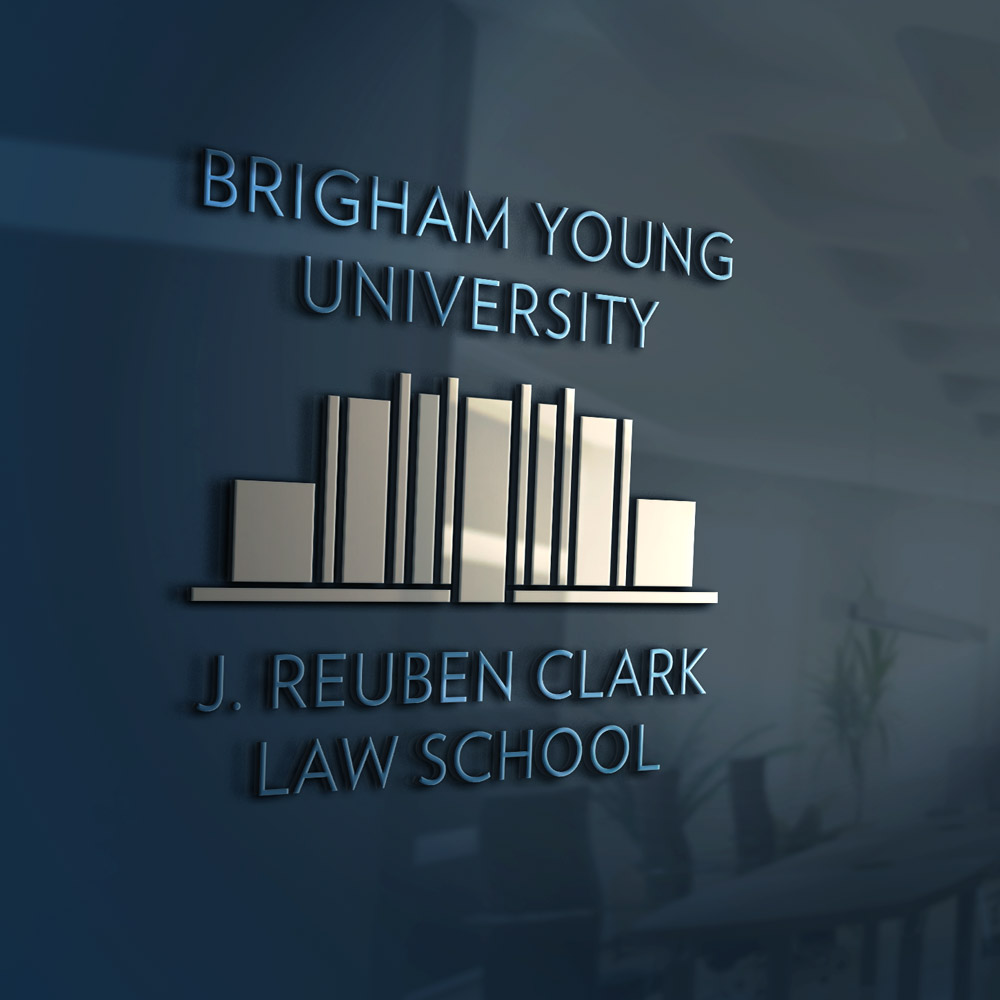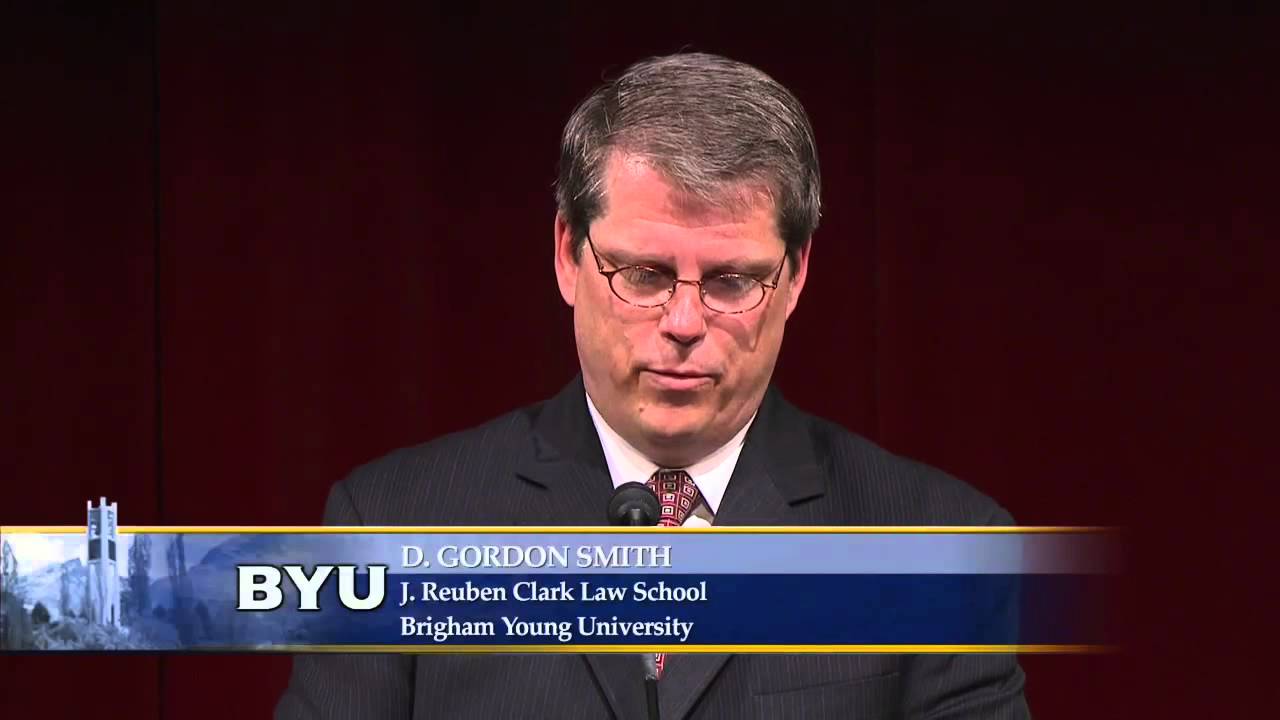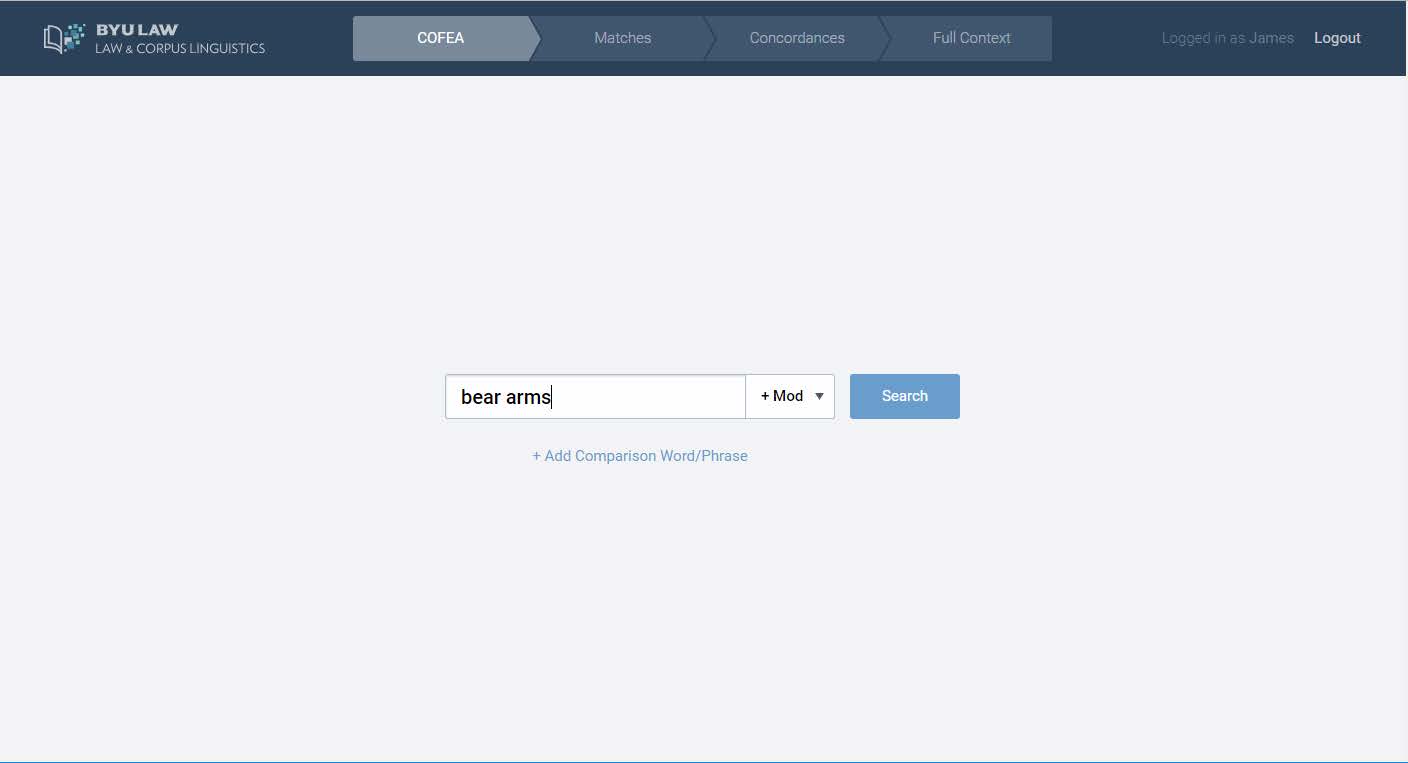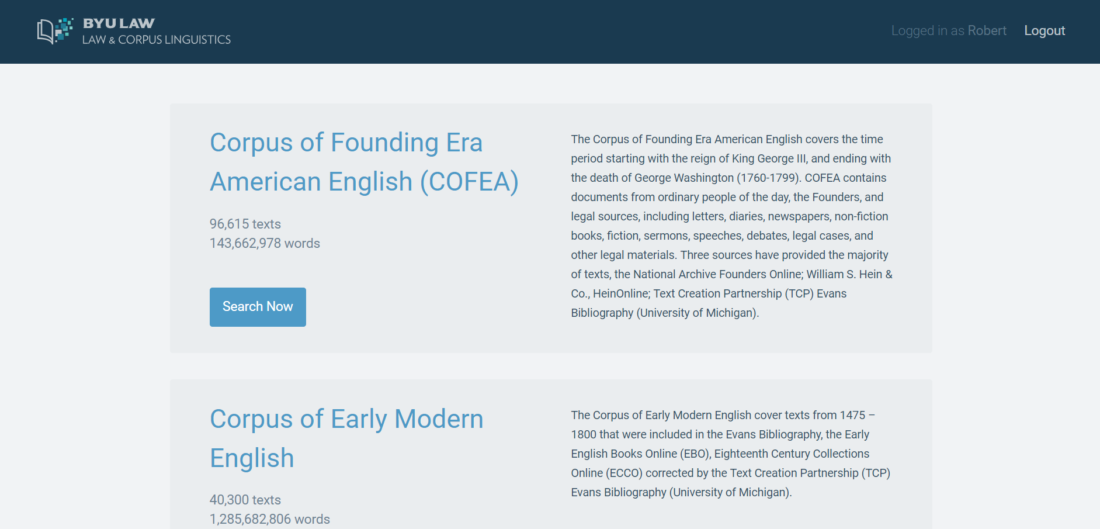It is no doubt that the legal field needs to catch up when it comes to being innovative. Most of the other fields are technically doing everything they can to adapt to the digital world. Which is why it is essential for them to make sure they are keeping up. This university in Utah just launched the newest platform that could change the ways in corpus linguistics.
 BYU’s Newest Legal Platform
BYU’s Newest Legal Platform
The Birmingham Young University in Provo, Utah have launched their newest innovation in legal tech in celebration of Constitution Day. Known as the Corpus Linguistics Technology Platform, the leading national law school said that they are focusing on innovating the legal field and this is indeed a great start.
This is actually known to be a first-of-its-kind coming from the legal field especially when it comes to law and linguistics. This platform will be able to have a methodology that would make use of occurring language in massive collections of texts, which they refer to as corpora, and it would then help figure out what the words and sentences mean.
BYU’s released this platform in order to celebrate the signing of the country’s constitution and this new platform would also include the Corpus of Founding Era American English, as well as the Corpus of Supreme Court of the United States, and even the Corpus of Early Modern English. What makes this even better is that all of will all be available for every judge, lawyers, and scholars and can be found at the official law corpus website from BYU.
 According to BYU Law’s dean Gordon Smith, they have picked that specific date since it is a very important day in the history of the United States. All of the Supreme Court rulings of the United States as well as all the founding era documents will be found in the first corpora. Smith also stated that this project was inspired by one of the world’s best corpus linguistics, which is one of their BYU professors, Mark Davies.
According to BYU Law’s dean Gordon Smith, they have picked that specific date since it is a very important day in the history of the United States. All of the Supreme Court rulings of the United States as well as all the founding era documents will be found in the first corpora. Smith also stated that this project was inspired by one of the world’s best corpus linguistics, which is one of their BYU professors, Mark Davies.
It turns out that Davies was actually the one who was behind some of the most significant corpora in the entire world. Just like the Corpus of Contemporary American English, which is actually a 560 million word corpus. He was also the one who developed the Corpus of Historical American English, which contains more than 400 million words. This is basically where the new Corpus Linguistics Technology Platform will build its newest innovation.
 How Does It Work?
How Does It Work?
According to the dean of BYU Law himself, said that it is actually much like the Google search engine. Wherein you would simply enter a word or a phrase on the blank search box icon, but what makes it even more interesting is that it allows the user to limit their queries by parts of speech such as only nouns or adjectives, so they could narrow down their search.
The search will actually be more refined downing on the year as well as the source. Once you have searched for a word or phrase, it will then reveal hundreds and thousands of results and it will all be arranged alphabetically based on the first word if ever you typed a phrase on the search.
The dean simply explained that people may actually think it would serve as some sort of magic machine, but what it does is actually simply give lawyers, scholars, and judges pieces of evidence that they could all use to help them out on their briefs.
 It was also revealed that it took them years to build this platform but Smith said that he is very proud of how it all went out. However, he also believes that it might take them a few more years before it reaches the point of where they want it to be. Then again, this can already be useful in so many different ways when it comes to the legal field. It could help on judicial decisions, legal briefs for lawyers for better evidence search on words, for statutory interpretation, and more.
It was also revealed that it took them years to build this platform but Smith said that he is very proud of how it all went out. However, he also believes that it might take them a few more years before it reaches the point of where they want it to be. Then again, this can already be useful in so many different ways when it comes to the legal field. It could help on judicial decisions, legal briefs for lawyers for better evidence search on words, for statutory interpretation, and more.
One of the best things about this newest platform is that you wouldn’t need to pay a single penny in order for you to use it. This is definitely one of the most innovative ways the legal field has reached so far, and it is said to get better in the coming years.




